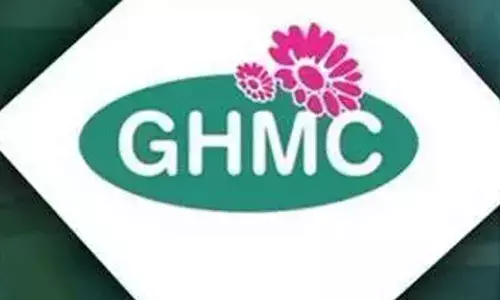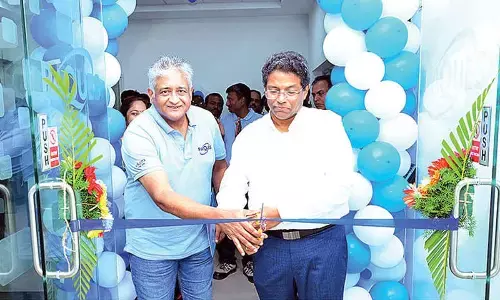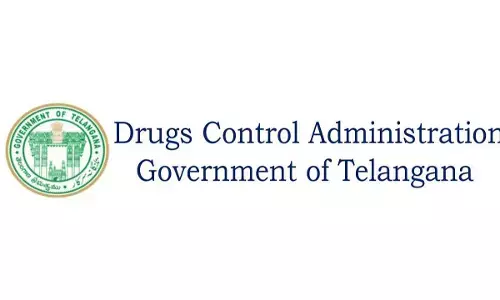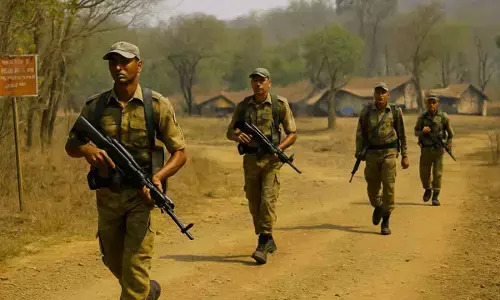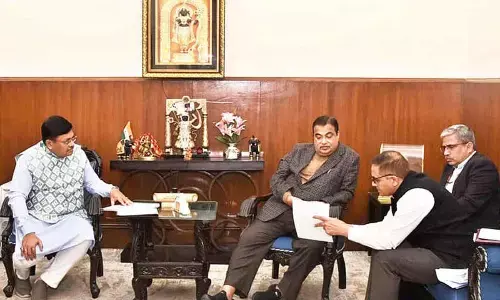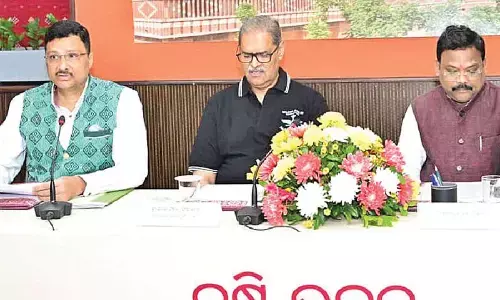Delhi's FY 2024-25 Municipal Budget: A Closer Look At Sanitation Allocations, New Initiatives, And Political Controversies
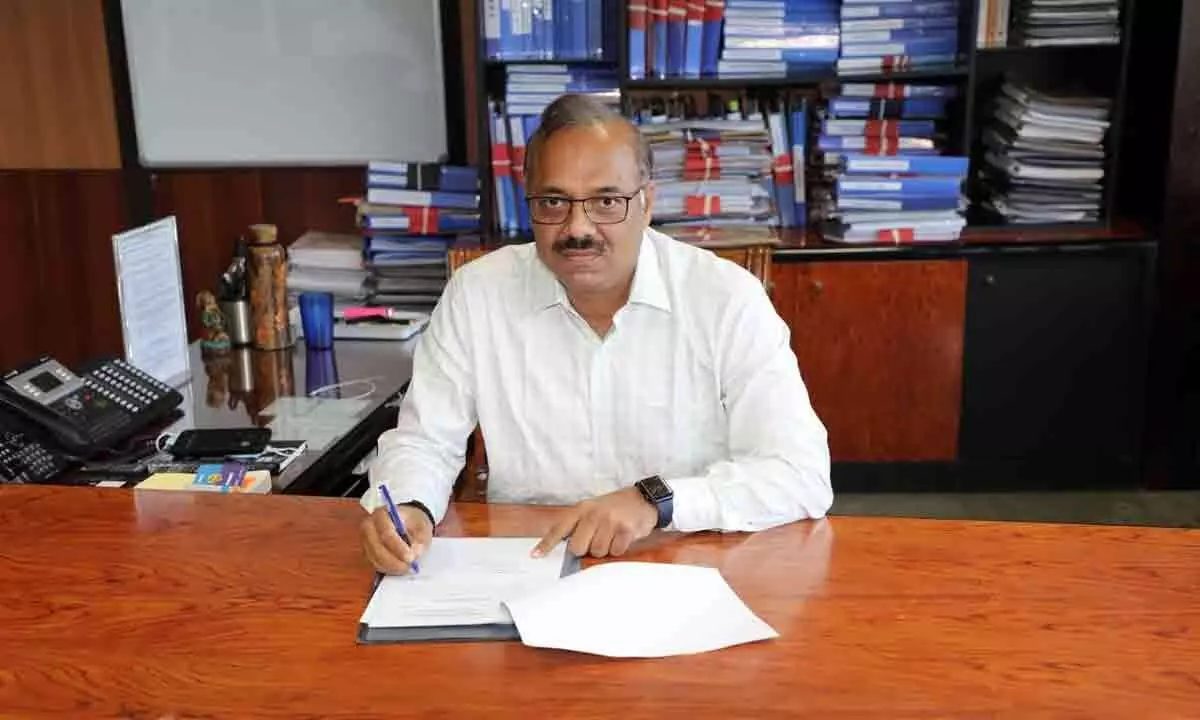
- 1. Explore the intricacies of Delhi's municipal budget for the fiscal year 2024-25, featuring a substantial allocation to the sanitation sector, new projects, and debates over proposed taxes.
- 2. Delve into Commissioner Gyanesh Bharti's vision for consolidation, self-reliance, and citizen engagement, with insights into key budget allocations, revenue sources, and the response from political factions, notably the criticism from the Bharatiya Janata Party (BJP).
The municipal budget for Delhi in the financial year 2024-25 has garnered attention for its significant allocation, a quarter of the total ₹16,683 crore, to the sanitation sector. The proposals were presented by Delhi Municipal Commissioner Gyanesh Bharti during a special meeting of the House of Councillors on Saturday. Notably, this allocation of funds to sanitation constitutes the largest chunk, amounting to 25.14% of the entire budget.
Commissioner Bharti, in his presentation, underscored the municipality's focus on consolidation and strengthening following the unification of the Delhi Municipal Corporation last year. The emphasis is on making the municipal body self-reliant. Bharti highlighted the positive trend in revenue collection, citing the highest-ever property tax collection in the history of the Municipal Corporation of Delhi (MCD) and significant increases in collections from other departments.
The budget announcement did not introduce new large-scale infrastructure projects. Instead, it prioritizes the completion of ongoing projects and the financial health of the municipal body. The budget distribution reveals that, after sanitation, the largest allocations are directed towards general administration and salary expenses (20.84%), education (18.64%), public health (12.36%), and loan repayment (4.17%).
While Bharti proposes to maintain the existing property tax structure, the budget document indicates an intent to impose a "professional tax" on trades and professions, subject to approval from the city government. Similar proposals in previous years have faced challenges in receiving approval from the elected wing.
Against total expenses amounting to ₹16,683 crore, Commissioner Bharti indicated an expected earning of ₹15,686.99 crore, with an opening account standing at ₹1,004 crore. The revenue sources include ₹2,906.7 crore as a share of taxes from the Delhi government, ₹4,300 crore from property taxes, ₹3,000 crore on property transfer duty, ₹1,110 crore from electricity tax, and smaller contributions from revenue streams like parking fees and advertisements.
Specifically, the property tax rates remain unchanged at 12% for A and B category colonies, 11% for C, D, and E colonies, and 7% for F and H categories. Bharti also reiterated the proposal to impose a professional tax on traders and working professionals, with varying amounts based on income levels. However, a token amount of ₹10 lakh has been set as earnings from this tax, suggesting low chances of immediate approval from the government.
Bharti announced various new projects, including the addition of schools and healthcare units, digitization efforts for municipal services, development of primary schools and multilevel parking lots, and the establishment of "adarsh model schools" with interactive panel classes. The horticulture sector receives an allocation of 3.52% for mechanization and maintenance works, tree ambulances, and waste-to-art theme parks. Plans also include the redevelopment of parks, healthcare infrastructure enhancements, and digitization of records through the introduction of "M-challans."
In response to the budget, Mayor Shelly Oberoi emphasized that while the budget of the officers was presented, the actual budget of the people of Delhi would be formulated based on citizen suggestions. The public budget is scheduled to be presented in the first week of February, following a dialogue process with citizens, resident welfare associations, and market associations.
On the other hand, the leader of the opposition from the Bharatiya Janata Party (BJP), Raja Iqbal Singh, criticized the budget as against people's interests. He raised concerns about the budget's constitutionality, the proposed increase in professional taxes, and the allocation of 80% of the budget for employee salaries, with only 20% for the development of civic services. The BJP leader particularly highlighted a reduction in tax rebates as a point of contention. The commissioner's presentation of the budget in the municipal house without the formation of permanent committees and ward committees was also deemed unconstitutional by Singh.












